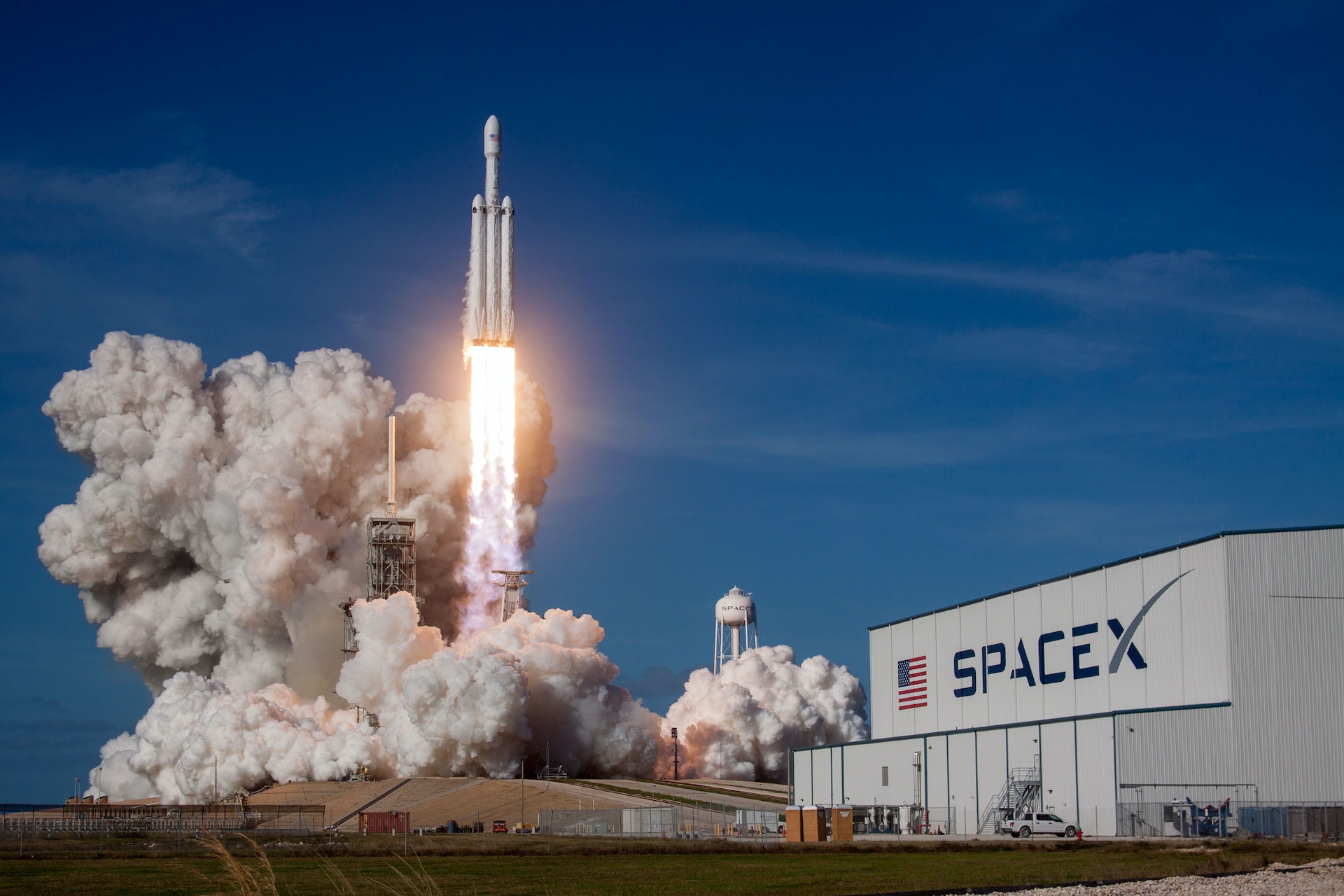SpaceX's Starlink satellite internet service faced a setback yesterday after the Federal Communications Commission (FCC) upheld its order to cancel roughly $900 million in subsidies that Starlink had won to provide internet access in underserved areas.
Starlink, which operates the world's largest satellite internet constellation, has faced a lot of resistance and trouble at the FCC, with multiple rivals questioning SpaceX's plans to build out the second phase of the constellation with the Starship rocket.
These intentions were also at the heart of the FCC's most recent ruling, which rejected SpaceX's subsidy application based on Starship test flight failures. It also highlighted censored data given by SpaceX to claim that the company failed to achieve the award's performance requirements.
SpaceX Loses $885 Million Starlink FCC Bid Due to Starship Issues
The FCC addressed its decision to sustain the Wireline Competition Bureau's denial of Starlink's long-form application for the Rural Digitial Opportunity Fund (RDOF) program in its comprehensive ruling, according to TechCrunch. SpaceX has to submit two applications for RDOF subsidies: an initial short-form application and a final long-form application.
Starlink's short-form application resulted in the company receiving $855 million in subsidies to give internet connectivity to 642,925 sites scattered across 35 American states. After winning the contract, SpaceX delegated the filing of the long-form application to Starlink, a subsidiary of SpaceX.
The $855 million grant was made as part of a 10-year assistance program after the Bureau found that Starlink would be unable to "deploy a network of the scope, scale, and size" required under the award.
SpaceX subsequently requested that the FCC reverse and reconsider the judgment, but the Commission voted to sustain it yesterday. It disagreed with SpaceX's claim that because it was cleared in the first stage round, the Commission had barred it from meeting the RDOF deployment criteria.
The FCC determined that Starlink would be unable to achieve its RDOF criteria due to the service's performance and the Starship rocket. The data that the Bureau utilized to evaluate Starlink's performance is a major area of disagreement between the two parties.
Starlink is the sole operational low-earth orbit (LEO) satellite in the United States. To assess the constellation's performance, the Bureau relied on Ookla data that characterized Starlink's performance in 2021 and 2022.
FCC Stands by Ookla Data in Dispute Over SpaceX Starlink Performance
SpaceX dismissed Ookla's statistics in its appeal as unreliable for Starlink's performance in 2025, when the RDOF program would begin coverage, as per TS2 Space. However, the FCC supports the Bureau in its detailed ruling, arguing that the Ookla data is the only one that can be relied on owing to a lack of similar systems.
The FCC's decision to sustain the judgment is also motivated by SpaceX's Starship program. According to the FCC, the Bureau relied on information concerning Starship throughout its examination, which gave it little confidence in Starship's capacity to launch second-generation Starlink satellites on a regular basis.
SpaceX's choice to propose two launch options for Starlink, using either the Falcon 9 or the Starship, drew criticism from competitors, and the company ultimately modified its intention to depend only on the Starship for second-generation Starlink missions.
Following the FCC's ruling, SpaceX responded with sadness, emphasizing that Starlink is "likely the best option" for providing RDOF coverage. Despite calling the criteria "arbitrary," the company finished its answer by stating that it is "ready" to collaborate with the Commission to extend access to neglected regions.
Photo: SpaceX/Unsplash



 SpaceX Prioritizes Moon Mission Before Mars as Starship Development Accelerates
SpaceX Prioritizes Moon Mission Before Mars as Starship Development Accelerates  Google Cloud and Liberty Global Forge Strategic AI Partnership to Transform European Telecom Services
Google Cloud and Liberty Global Forge Strategic AI Partnership to Transform European Telecom Services  Sam Altman Reaffirms OpenAI’s Long-Term Commitment to NVIDIA Amid Chip Report
Sam Altman Reaffirms OpenAI’s Long-Term Commitment to NVIDIA Amid Chip Report  TSMC Eyes 3nm Chip Production in Japan with $17 Billion Kumamoto Investment
TSMC Eyes 3nm Chip Production in Japan with $17 Billion Kumamoto Investment  SpaceX Seeks FCC Approval for Massive Solar-Powered Satellite Network to Support AI Data Centers
SpaceX Seeks FCC Approval for Massive Solar-Powered Satellite Network to Support AI Data Centers  Nvidia, ByteDance, and the U.S.-China AI Chip Standoff Over H200 Exports
Nvidia, ByteDance, and the U.S.-China AI Chip Standoff Over H200 Exports  Elon Musk’s Empire: SpaceX, Tesla, and xAI Merger Talks Spark Investor Debate
Elon Musk’s Empire: SpaceX, Tesla, and xAI Merger Talks Spark Investor Debate  Global PC Makers Eye Chinese Memory Chip Suppliers Amid Ongoing Supply Crunch
Global PC Makers Eye Chinese Memory Chip Suppliers Amid Ongoing Supply Crunch  Nintendo Shares Slide After Earnings Miss Raises Switch 2 Margin Concerns
Nintendo Shares Slide After Earnings Miss Raises Switch 2 Margin Concerns  Nvidia Confirms Major OpenAI Investment Amid AI Funding Race
Nvidia Confirms Major OpenAI Investment Amid AI Funding Race  Instagram Outage Disrupts Thousands of U.S. Users
Instagram Outage Disrupts Thousands of U.S. Users  SoftBank Shares Slide After Arm Earnings Miss Fuels Tech Stock Sell-Off
SoftBank Shares Slide After Arm Earnings Miss Fuels Tech Stock Sell-Off  Tencent Shares Slide After WeChat Restricts YuanBao AI Promotional Links
Tencent Shares Slide After WeChat Restricts YuanBao AI Promotional Links  SpaceX Updates Starlink Privacy Policy to Allow AI Training as xAI Merger Talks and IPO Loom
SpaceX Updates Starlink Privacy Policy to Allow AI Training as xAI Merger Talks and IPO Loom  SoftBank and Intel Partner to Develop Next-Generation Memory Chips for AI Data Centers
SoftBank and Intel Partner to Develop Next-Generation Memory Chips for AI Data Centers 





























